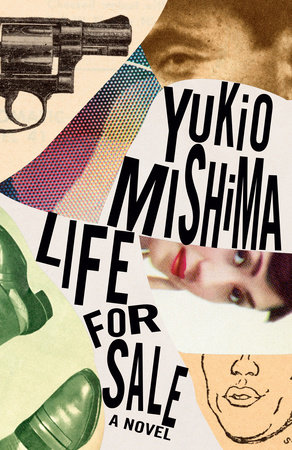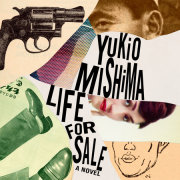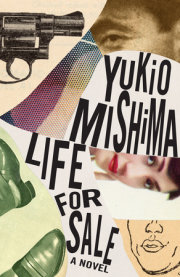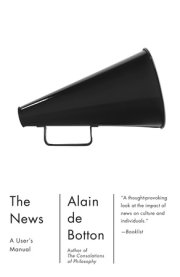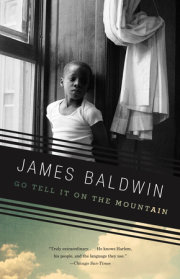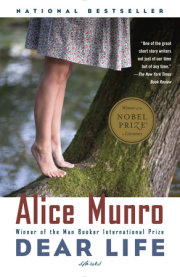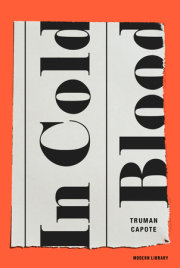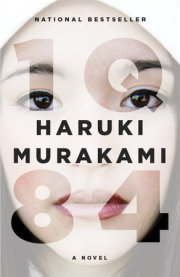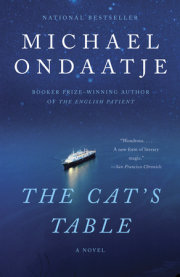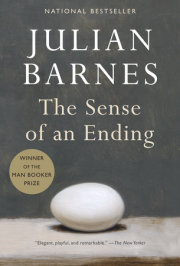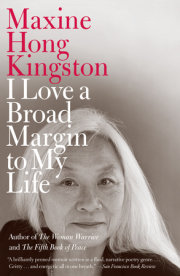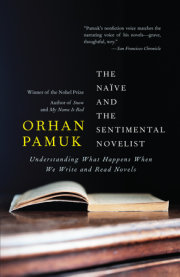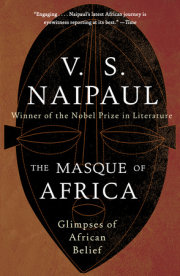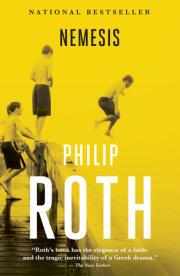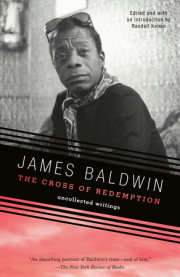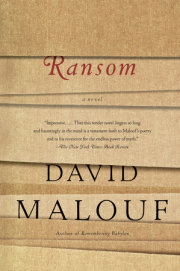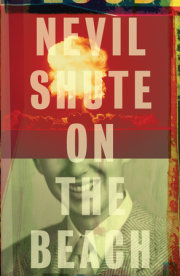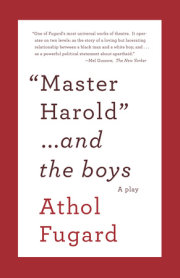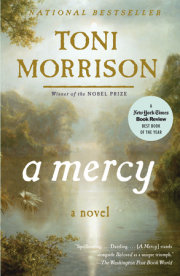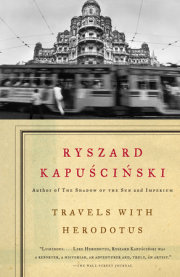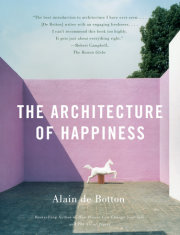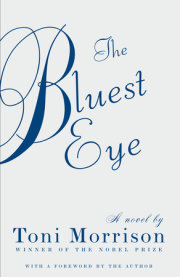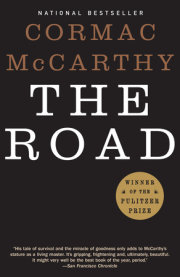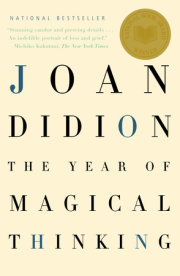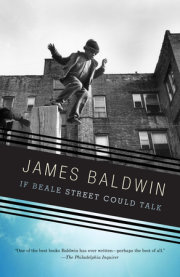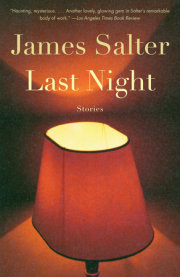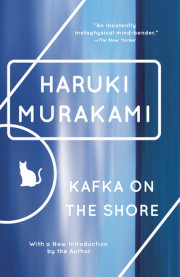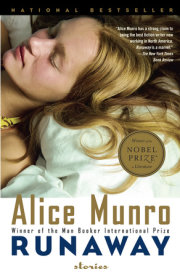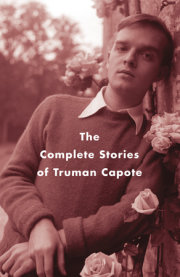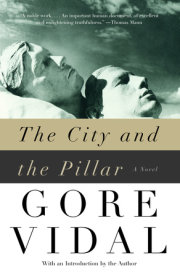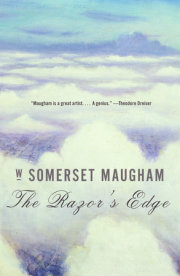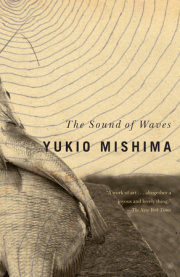Chapter 1
. . . When Hanio regained consciousness, everything around him dazzled so brightly he thought he might be in heaven. But a splitting headache lingered at the back of his skull. Surely there were no headaches in heaven.
The first thing that came into view was a large frosted-glass window. The window was featureless, and it overflowed with whiteness.
“Looks like he’s come round,” someone said.
“Thank goodness for that! Saving someone’s life always puts a spring in your step for the rest of the day.”
Hanio raised his eyes. Standing before him were a nurse and a stocky man in a paramedic’s uniform.
“Come on, now. Calm down. Now is no time to be thrashing around.” The nurse went to hold him down by his shoulders.
It dawned on Hanio that his attempt at suicide had failed.
He had consumed a large amount of sedative on the last overground train that evening. To be precise, he gulped it down at a drinking fountain in the station before boarding the train. And no sooner had he stretched out on the empty seats than everything went blank.
Suicide was not something he had put much thought into. He considered it likely that his sudden urge to die arose that evening while he was reading the newspaper—the edition for November 29—at the bar where he normally ate dinner. It contained the run‑of‑the-mill sort of stuff, of no special significance. All the articles left him totally cold:
Ministry of Foreign Affairs Official is a Spy
Three Places Raided, Including Japan–China Amity Association
Secretary McNamara Transfer: Final Decision
Smog Covers Metropolitan Area: First Winter Warning
Haneda Airport Explosion: Prosecution Seek No‑Limit Sentence for Aono’s “Heinous Crime”
Truck Plunges onto Railway Track, Collides with Goods Wagon
Transplant Success: Girl Receives Aortic Valve from Deceased Donor
¥900,000 Snatched: Robbers Steal from Kagoshima Bank Branch Office
It must have been after reading these that he had hit on the idea of suicide, as if he were planning a picnic. If he were forced to come up with a reason, he could only conclude that he had attempted to end it all on a complete whim.
He was not suffering as the result of some romantic break‑up. And even if his heart had been broken, Hanio was not the type to take his own life. Nor did he have any serious financial problems at the time. He worked as a copy-writer, and the jingle in that TV commercial for Goshiki Pharmaceuticals’ “Fresh and Clear” digestive aid was one of his: “Fresh and Clear. Couldn’t be simpler. Cured before you know it.”
People considered him talented enough to strike out on his own, but he lacked any desire to do so. He worked for a company called Tokyo Ad, and the salary they paid him was good enough. Until the previous day, he had personified the honest, hardworking company employee.
But when he really thought about it, maybe there was a reason why the idea of suicide had come to him. He had been skimming through the evening paper with such little concentration that the inside page slithered right down under the table.
He watched it go, the way an indolent snake might observe its old skin, just shed. The next moment he felt the urge to pick up the page. He could have left it lying there. Perhaps it was social convention that compelled him to retrieve it, or maybe he was driven by a more serious determination to restore order in the world. He was not exactly sure. In any case, he stooped under the small, wobbly table and stretched out his hand.
Just then, his eyes encountered something hideous. On top of the fallen paper was a cockroach, absolutely still. At the very moment he stretched out his hand, the glossy mahogany-colored insect scurried away with extraordinary vitality and lost itself among the printed words.
He picked up the paper nevertheless, placed the page he had been reading on the table and cast his eyes over it again. Suddenly, all the letters he was trying to make out turned into cockroaches. His eyes pursued the letters as they made their escape, their disgustingly shiny dark-red backs in full view.
“So the world boils down to nothing more than this.”
It was a sudden revelation. And it was this insight that led to an overwhelming desire to die.
But upon further reflection, he found this explanation just a little too pat. Surely things were not so clear-cut. We just have to soldier on, even if every word in the newspaper is reduced to a string of cockroaches. It was in reaction to this thought that the idea of “death” finally lodged itself in his mind. From that moment, death hung over him, snugly, the way snow caps a red postbox after a particularly heavy snowfall.
This change in attitude produced some improvement in his spirits. He went into a pharmacy to buy the sedative, but was not quite ready to swallow it down immediately, so he went to watch a triple feature at the movies. When he emerged, he dropped by a pick‑up bar where he occasionally hung out.
The dumpy girl sitting next to him exuded such an overall impression of dullness that he was not tempted in the slightest. Even so, he was afflicted by an urge to confess that he was about to kill himself. He gave her ample elbow a little nudge with his own. The girl stole a glance at him, then lazily turned toward him on her chair as if it required a huge effort. She had the laugh of a country bumpkin.
“Good evening,” said Hanio.
“Good evening.”
“You’re pretty.”
She giggled.
“Do you know what I’m going to say next?”
She giggled again.
“You can’t tell, can you?”
“Well, I might have an idea.”
“Later on tonight, I intend to kill myself.”
Far from being shocked, the girl let out a broad guffaw. She tossed a strip of dried squid right into her mouth, and continued to chew for ages even as she laughed. The stench of the squid clung to the region around Hanio’s nose.
Before long, someone, apparently a friend of hers, turned up and the girl waved affectedly in her direction. She disentangled herself from Hanio’s side without so much as a nod.
Hanio also left the bar, alone and curiously irritated that his intention to die had failed to make an impression. The evening was still young, but the appeal of the “last train” was fixed in his mind, so he had to think of a way to pass the time. He went into a pachinko parlor and started playing at one of the slot machines. He won tons of balls. A human life was about to end, but the balls kept pouring forth in an endless stream. It felt as if someone was making fun of him.
Finally, it was time for the last train.
Hanio passed through the ticket barrier, slugged down the sedative at the drinking fountain and boarded the train.
2
Now that Hanio had failed to commit suicide, a wonderfully free and empty world opened up before him.
From that day on, he made a complete break with the daily grind he had always believed would go on forever. He felt that the world was his for the taking. The days would no longer merge into one. Each day would expire, one after the other. He could see it all clearly before him: a row of dead frogs with their white bellies exposed.
He handed in his resignation to Tokyo Ad. The company’s business was booming, so they gave him a substantial severance payment. This provided him with a lifestyle that left him beholden to no one.
He placed the following advertisement in the Situations Wanted column of a tabloid newspaper: “Life for Sale. Use me as you wish. I am a twenty-seven-year-old male. Discretion guaranteed. Will cause no bother at all.”
He added his apartment address, and then stuck a slip of paper onto his front door with the following written on it:
Hanio Yamada—Life for Sale
The first day, not one person came to his door. But ever since he had stopped work, Hanio was never at a loss about how to fill the empty hours. He would lounge around his one-room apartment watching television, or lose himself in daydreams.
When the ambulance had brought him to Accident and Emergency, he was out cold, so you would have expected him to have no recollection of what had happened that night. But strangely, the wail of an ambulance siren brought an unmistakable memory of his ride flooding back. He was stretched out on the gurney snoring loudly. A paramedic in a white gown sat beside him, holding the blanket down in order to prevent the violent lurching of the vehicle from throwing his body from the bed. He saw it as clear as day. The paramedic had a big mole right by the side of his nose . . .
And yet how empty this new life felt, like a room without furniture.
The following morning, there was a knock on the door of the apartment. Hanio opened it to find a small, neatly dressed old man who, after a few furtive backward glances, hastily entered and shut the door behind him.
“I assume you are Mr. Hanio Yamada?”
“That is correct.”
“I saw your ad in the newspaper.”
“Oh, please come through.”
Hanio led him inside to a corner of the red-carpeted room that he had furnished with a black table and chairs, the kind you might expect to see in the home of someone employed in the design world.
The old man issued a cobra-like hiss through his teeth as he politely bowed and took a seat.
“So you’re the one whose life is for sale?”
“Yes, I am.”
“Well, you’re obviously young, and making a decent living. What makes you want to do this?”
“Don’t ask things that don’t concern you.”
“Even so . . . How much are you selling your life for?”
“That depends on how much you are willing to give.”
“That’s highly irresponsible of you. Surely you should set your own price on what your life is worth. What would you do if I offered one hundred yen?”
“If that’s what you want, it’s fine by me.”
“Come on, that’s a ridiculous thing to say.”
The old man took out a wallet from his breast pocket and produced five crisp-looking ten-thousand-yen notes. He spread them out in the shape of a fan as if they were playing cards.
There was no emotion in Hanio’s eyes as he pocketed the fifty thousand yen. “You can tell me anything you like. I won’t be offended.”
“OK.” The old man took out some filtered cigarettes. “You get lung cancer if you smoke these. Fancy one? I don’t suppose a man who is selling his life worries about cancer?
“It’s a very simple matter. My wife—well, actually, she’s my third—is now twenty-three years old. There is exactly half a century in age between us. She’s a magnificent woman, you know. Her breasts—they point in different directions, like two doves miffed with each other. And her lips are sweet and full, pouting and inviting. I can’t begin to describe how amazing her body is. And she has great legs. There seems to be a fashion now for women to have abnormally slender legs. Too slender, if you ask me. But hers taper off ever so gently from her fleshy thighs, all the way down to her ankles. It’s hard to find the right words. Her buttocks are shaped like little mounds that remind you of molehills.
“Well, she’s left me, and she’s doing the rounds with whoever takes her fancy. Right now, she’s shacked up with some shady Asian guy—a Chinese or a Korean. He’s a mobster, but not your ordinary, run‑of‑the-mill mobster. He’s the owner of no fewer than four restaurants, and I’m sure he’s knocked off a couple of people in turf wars.
“What I’m asking is that you acquaint yourself with my wife, become intimate and make sure that this mobster finds the pair of you at it. When he claps eyes on you, you’re sure to get killed, and she’ll probably be dead meat too. Well? That’s my way of getting even . . . That’s all there is to it. Could you manage to die like that for me?”
“I see.” Hanio listened, affecting an air of indifference. Then he asked: “But I wonder if it will have such a romantic ending? I appreciate you’re dreaming about taking revenge on your wife, but what if she’s more than willing to die a happy death because she’s with me?”
“She’s definitely not the kind of woman with a death wish. She’s different from you in that sense. She wants to squeeze every last drop she can get out of life. It’s as if every fiber of her body has been written through with some sort of magic spell.”
“What makes you say that?”
“You’ll know soon enough. In any event, I would appreciate a neat death. I assume a written agreement is unnecessary?”
“That’s right; it won’t be required.”
More hissing sounds emerged from the old man’s lips. He was clearly mulling things over. “Is there anything you’d like me to make arrangements for after your death?”
“No, not particularly. I don’t want a funeral, and I don’t need a grave. But there is one thing that maybe you could do for me. I’ve always wanted to keep a Siamese cat as a pet, but I’ve never got around to it. So after I’m dead, I’d be grateful if you could get one and take care of it on my behalf. In my mind, I envisage you letting it drink milk from a large ladle rather than a saucer. After it laps up the first couple of mouthfuls, you should give the ladle a slight flip so that the milk splashes up and the cat’s face gets a good soaking. It would be good if you could do that once a day. This is really important, so I’d like you not to forget.”
“What a weird thing to ask!”
“You only think that because you inhabit an exceptionally ordinary world. A request like this is way beyond your powers of imagination. Before I forget, if I happen to come back alive, does the fifty thousand yen have to be returned?”
“It just won’t happen. All I ask is that you make sure my wife bites the bullet when the moment arises.”
“So it’s a murder contract.”
“I guess so. Look, I just want to ensure that we rub out every trace of her from this world. What I don’t want is to feel any guilt. It’s just not worth putting myself through the mill, and then feeling remorseful on top of that . . . So, we’re agreed. I’d like you to get started tonight. I’ll pay incidental expenses whenever you make a claim.”
“Where do I go to ‘get started’?”
“Here’s a map. It’s Apartment 865 in this fancy apartment block at the top of the hill called Villa Borghese. I believe it’s the penthouse on the top floor. I have no idea when she’ll be in. Beyond that, you’ll just have to play it by ear.”
“What’s your wife’s name?”
Copyright © 2020 by Yukio Mishima. All rights reserved. No part of this excerpt may be reproduced or reprinted without permission in writing from the publisher.

